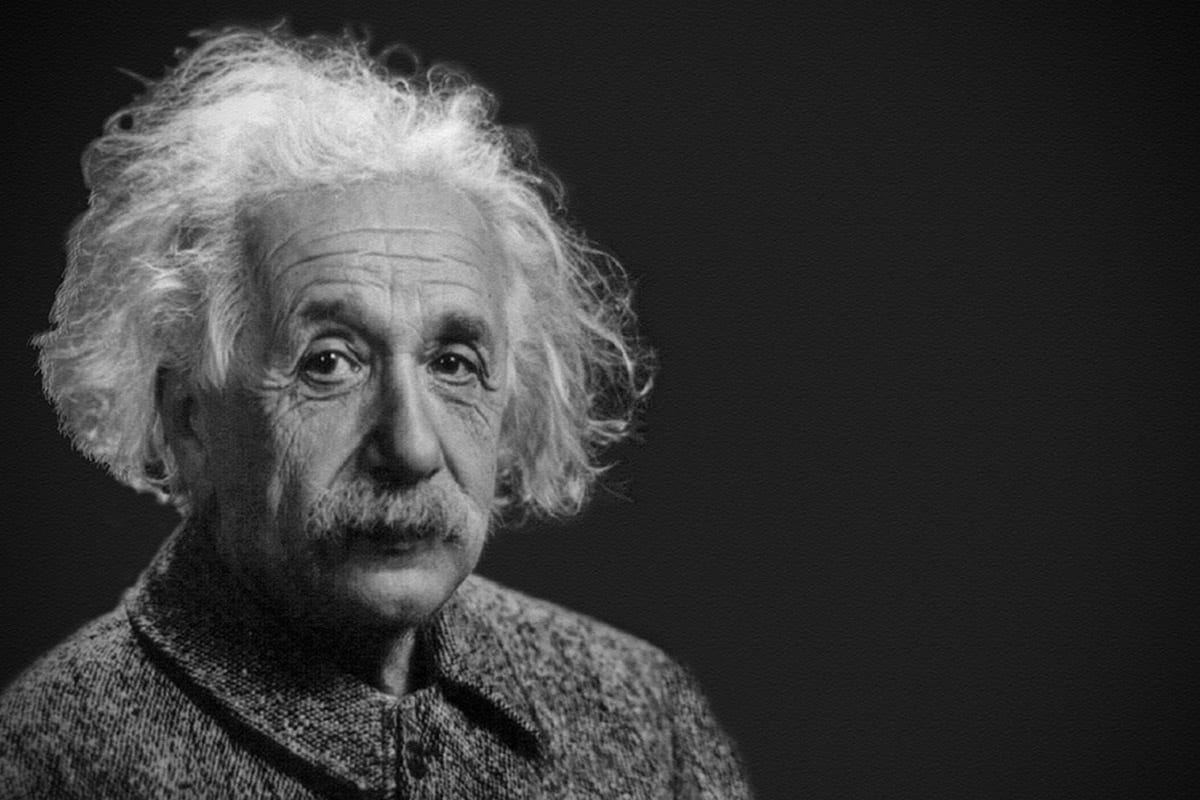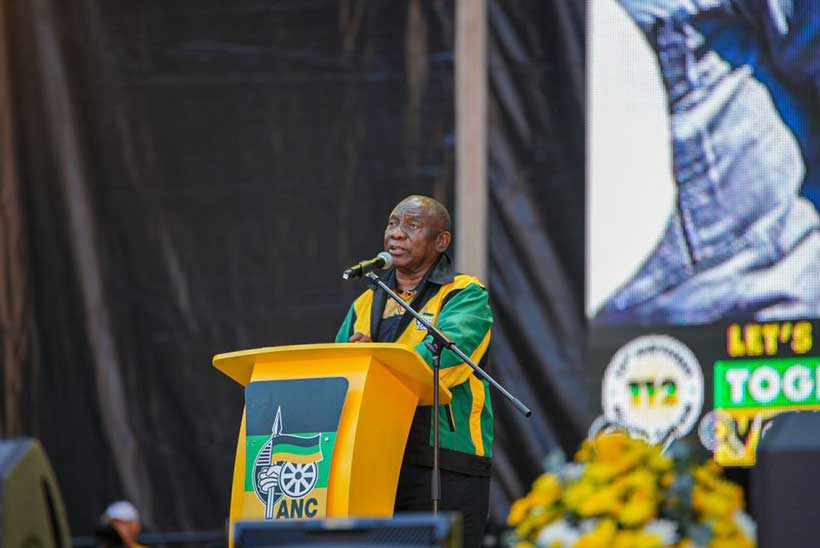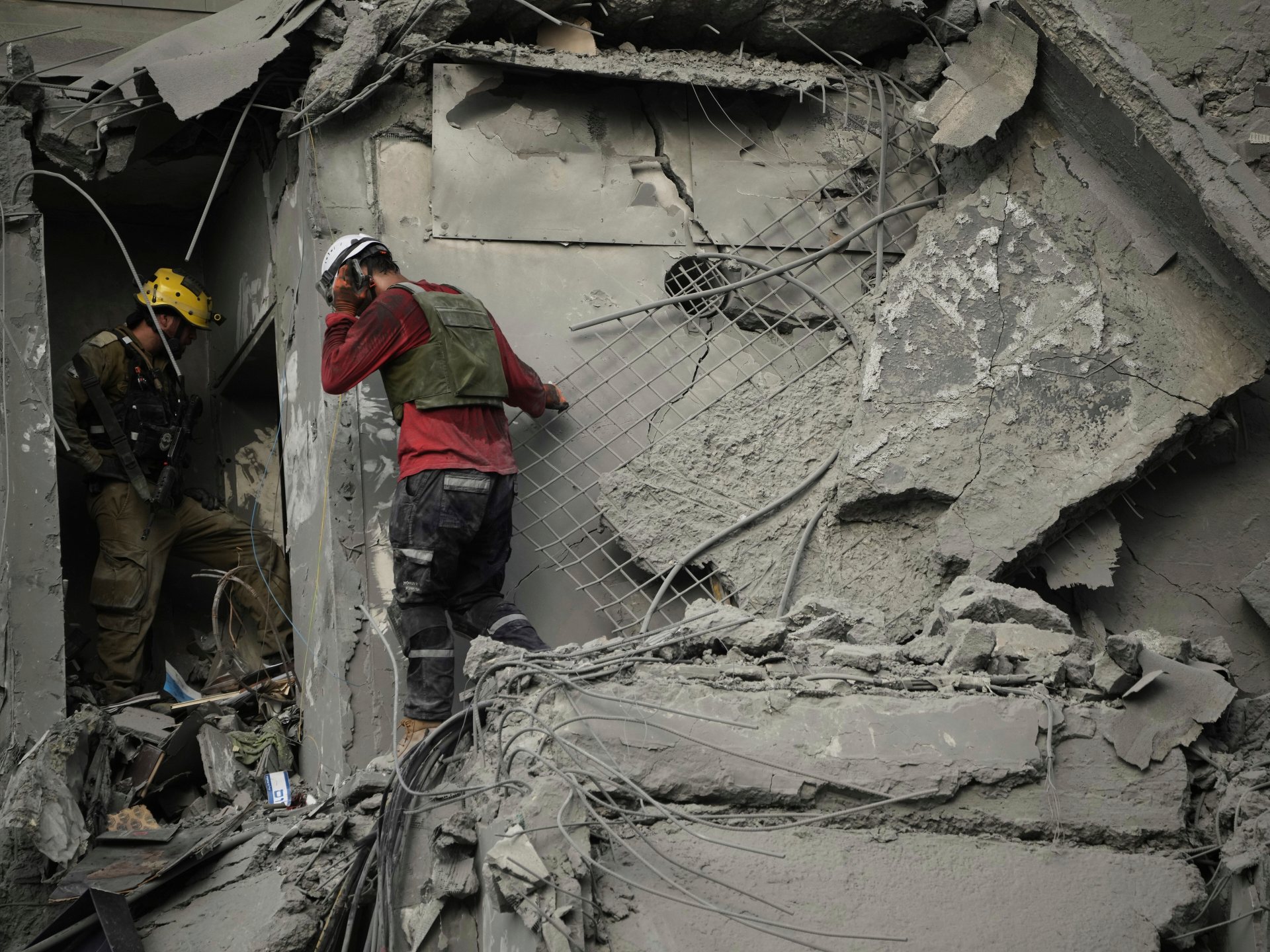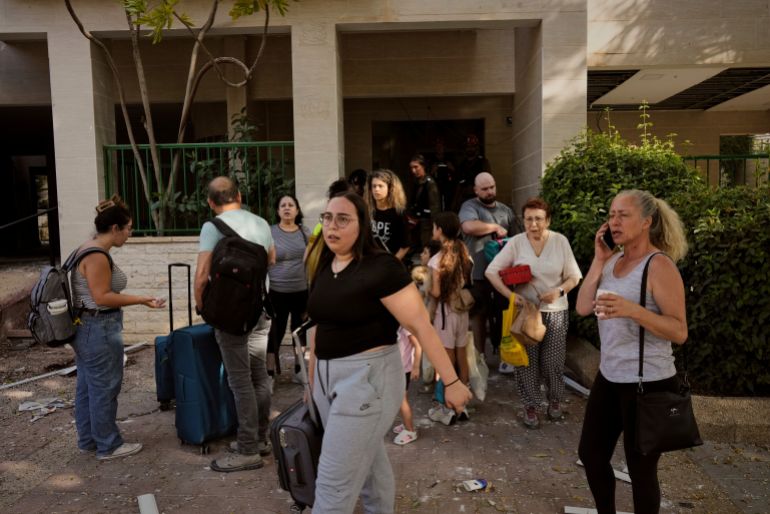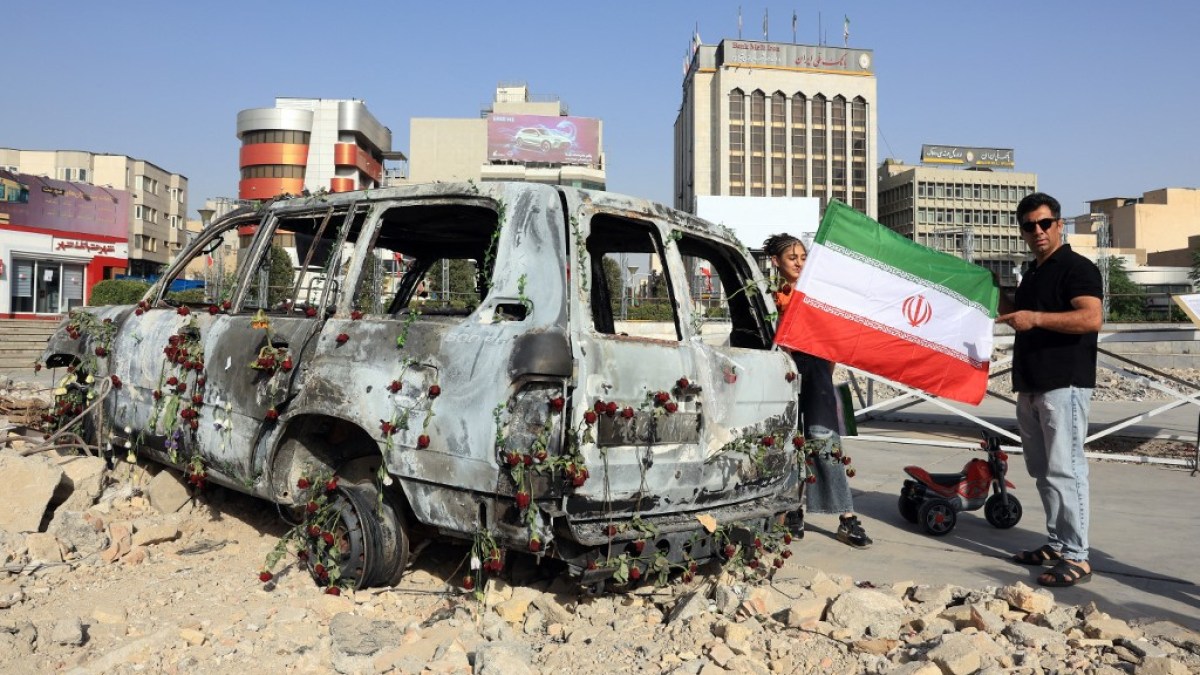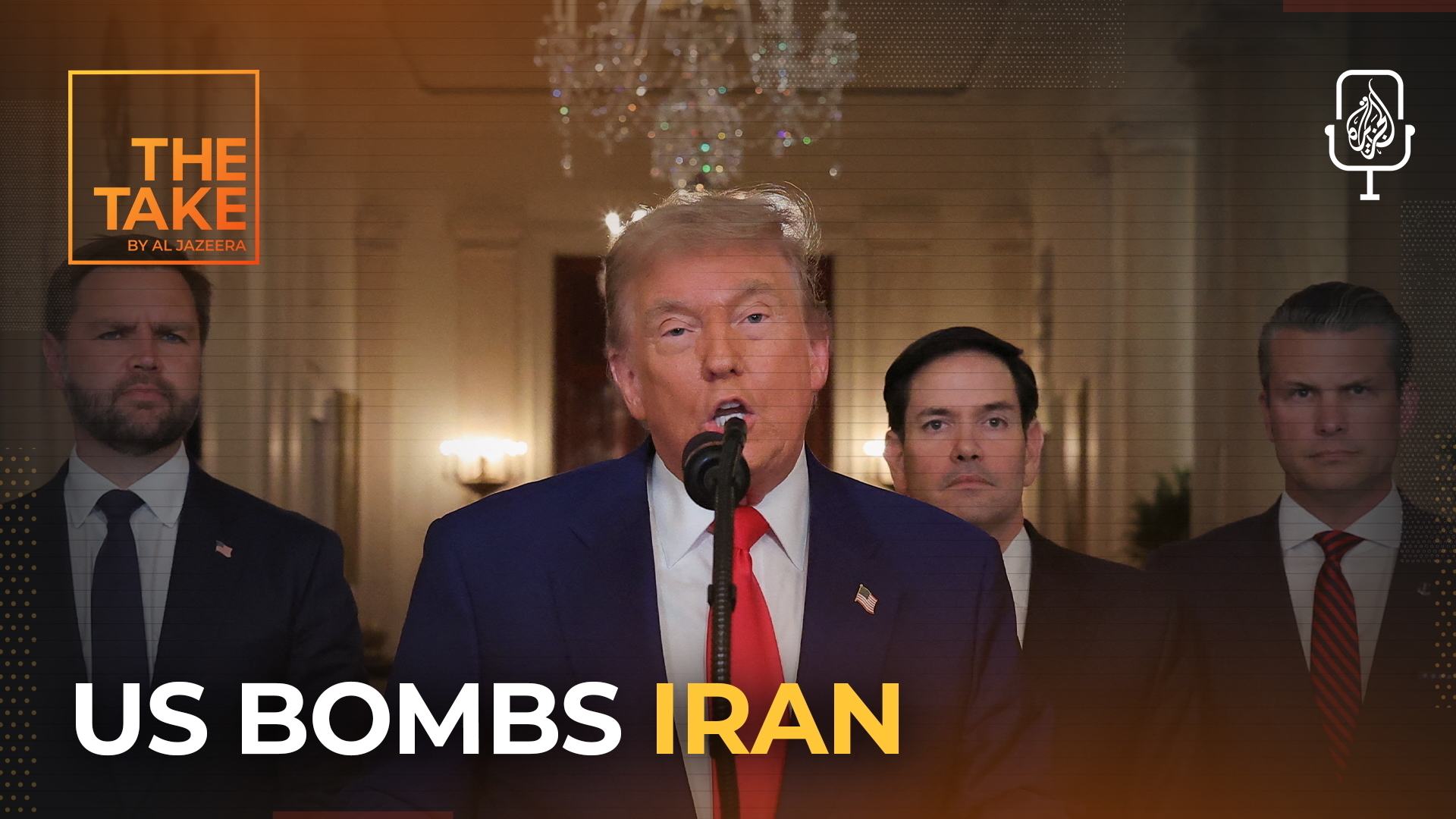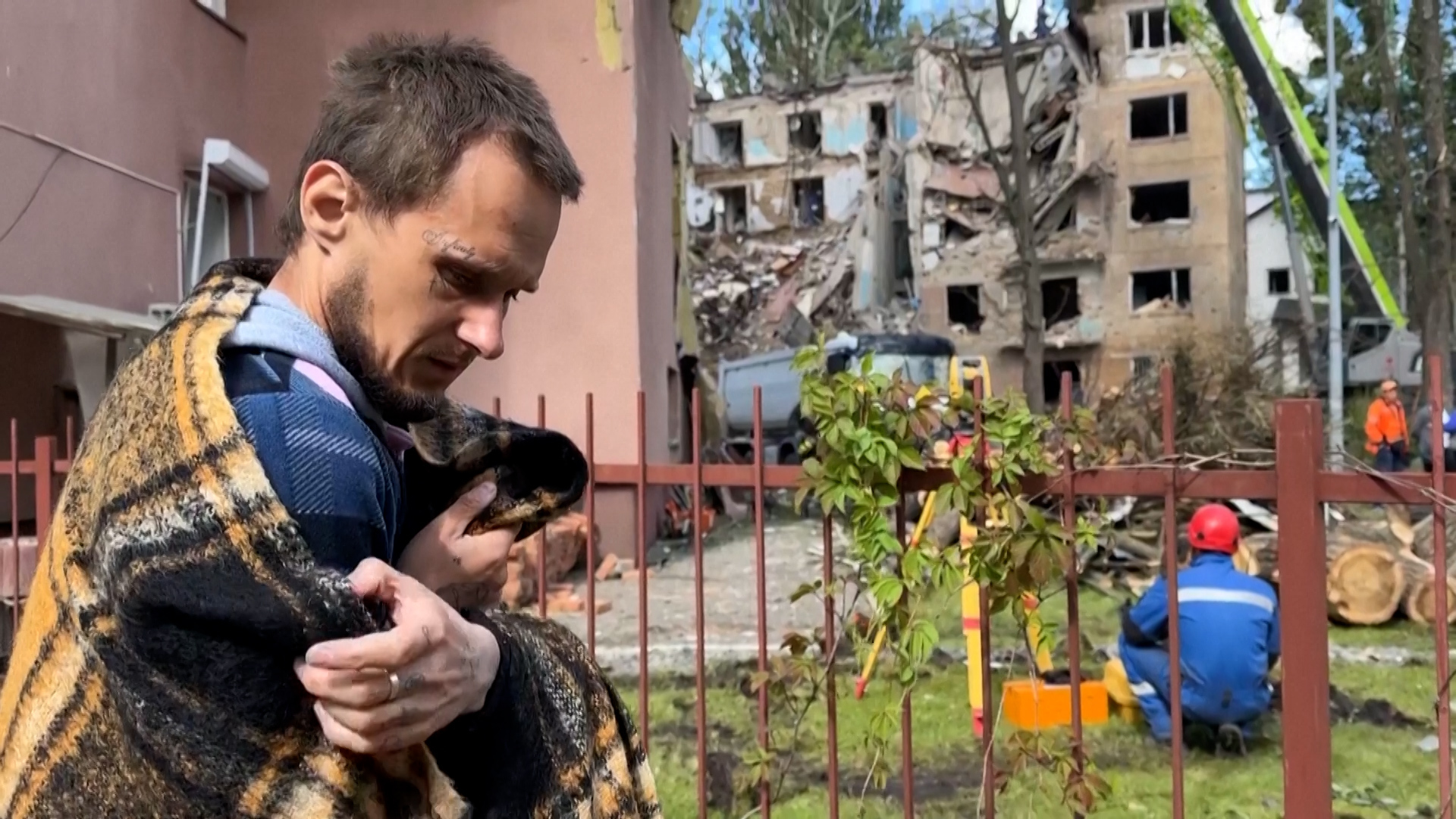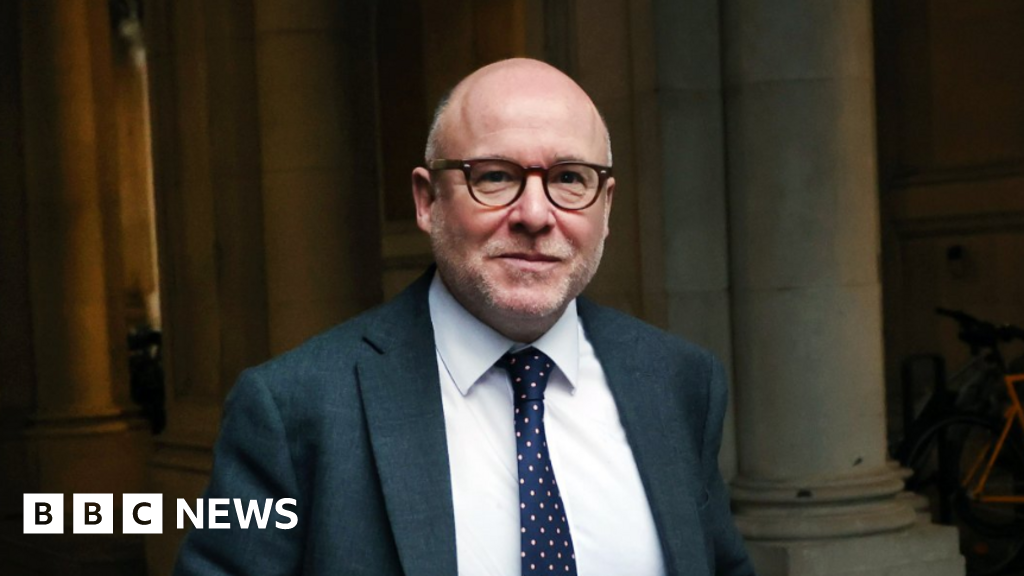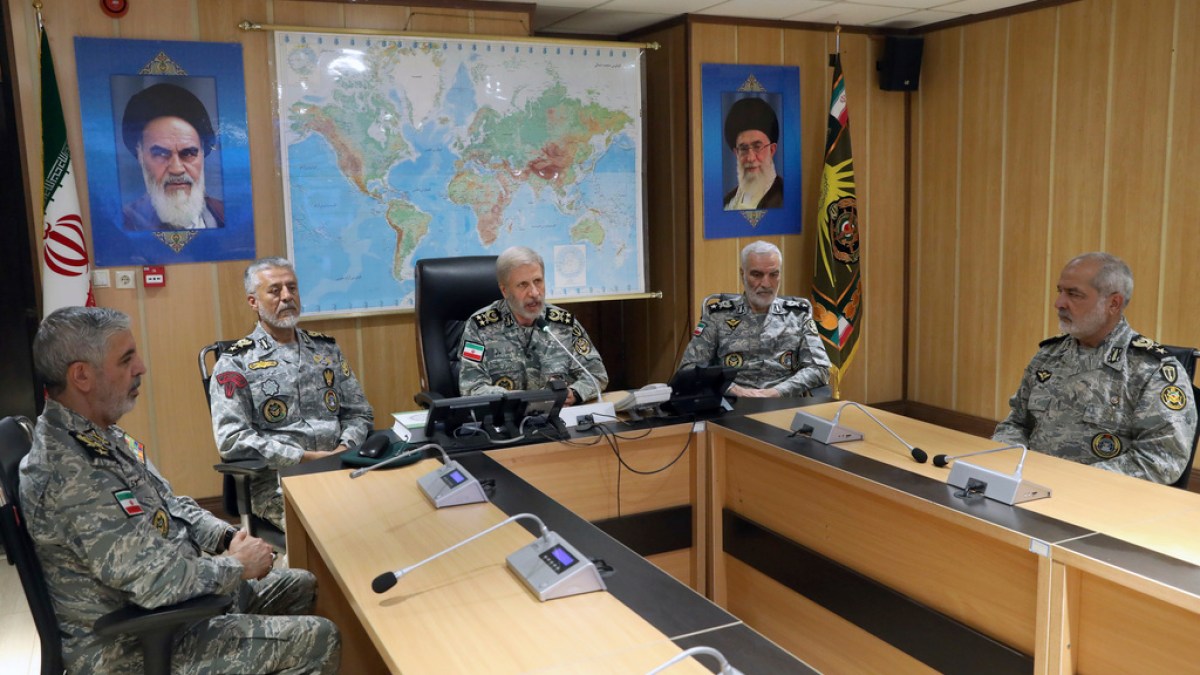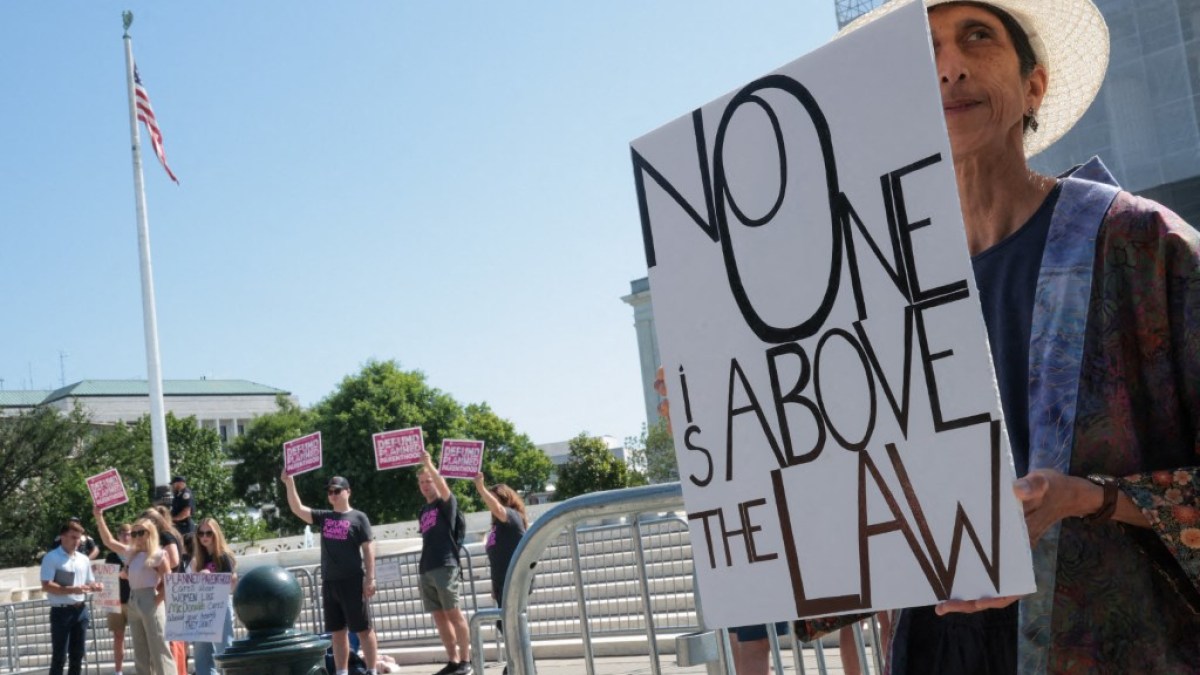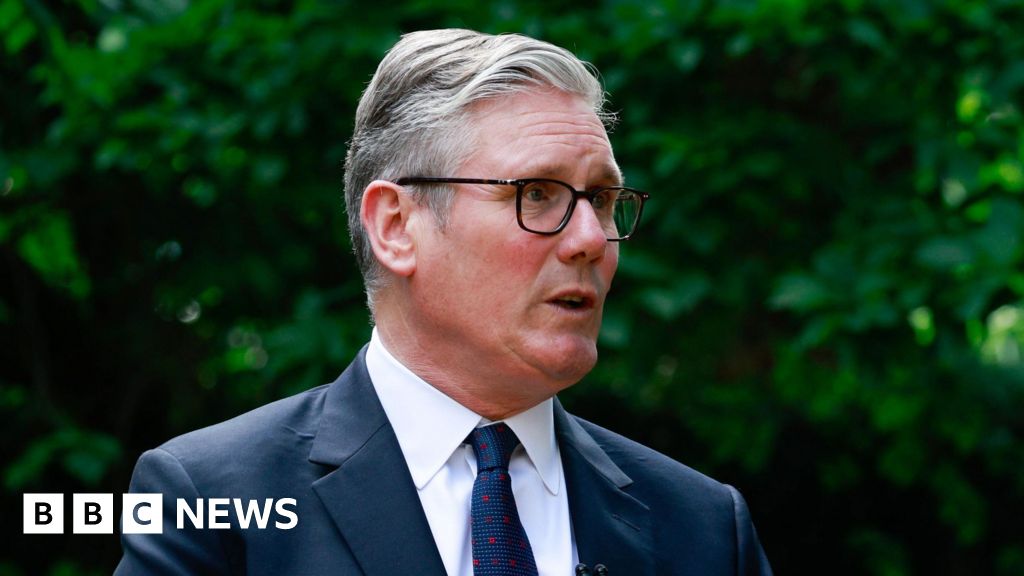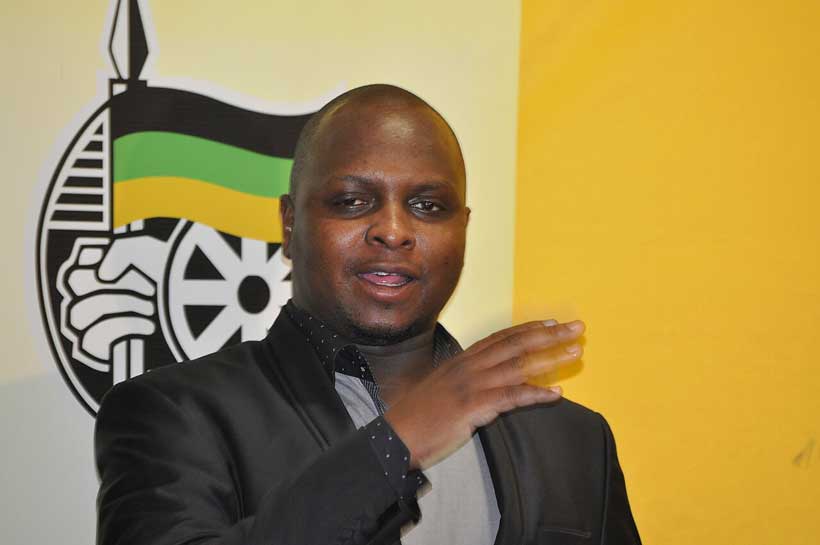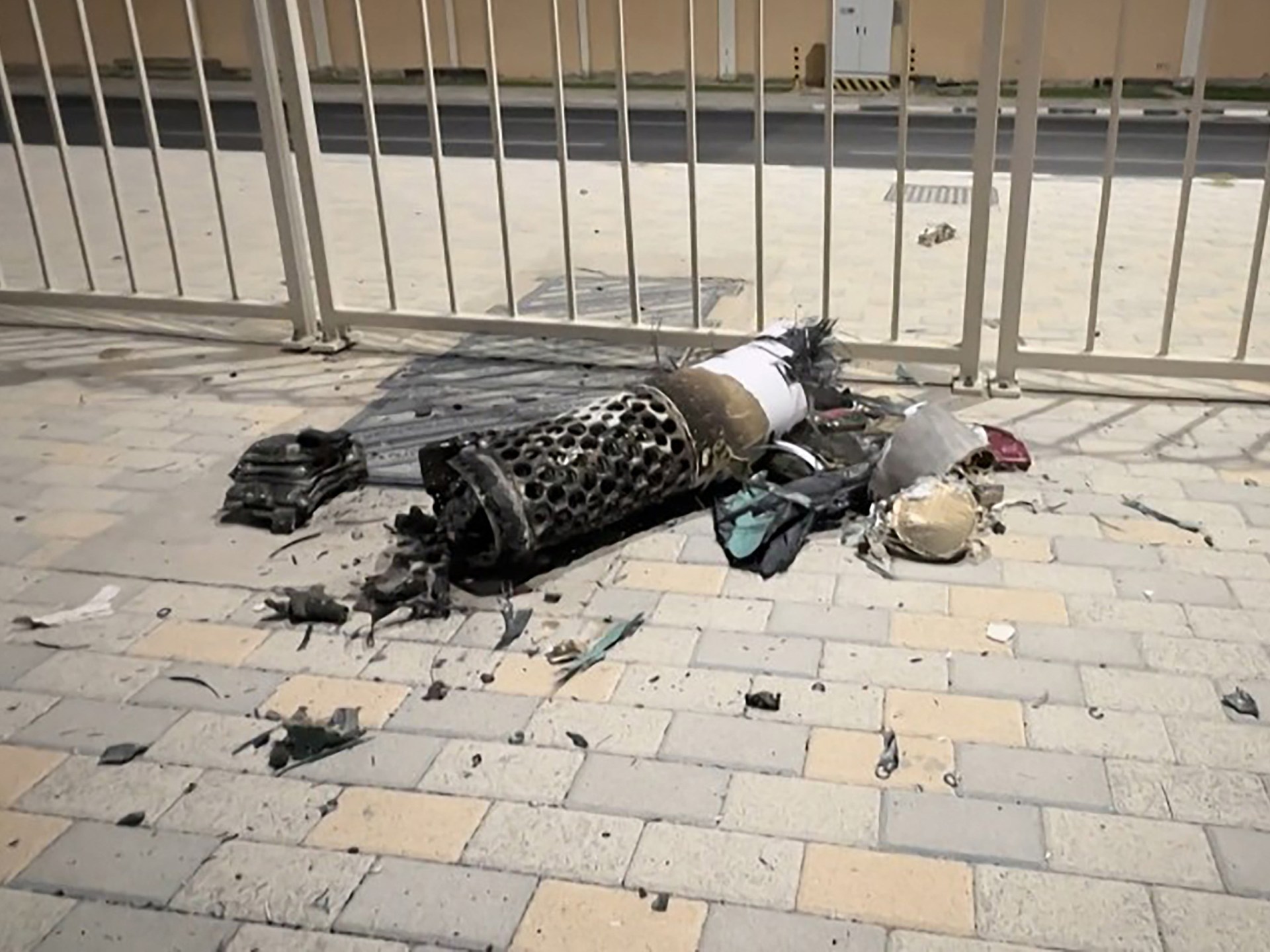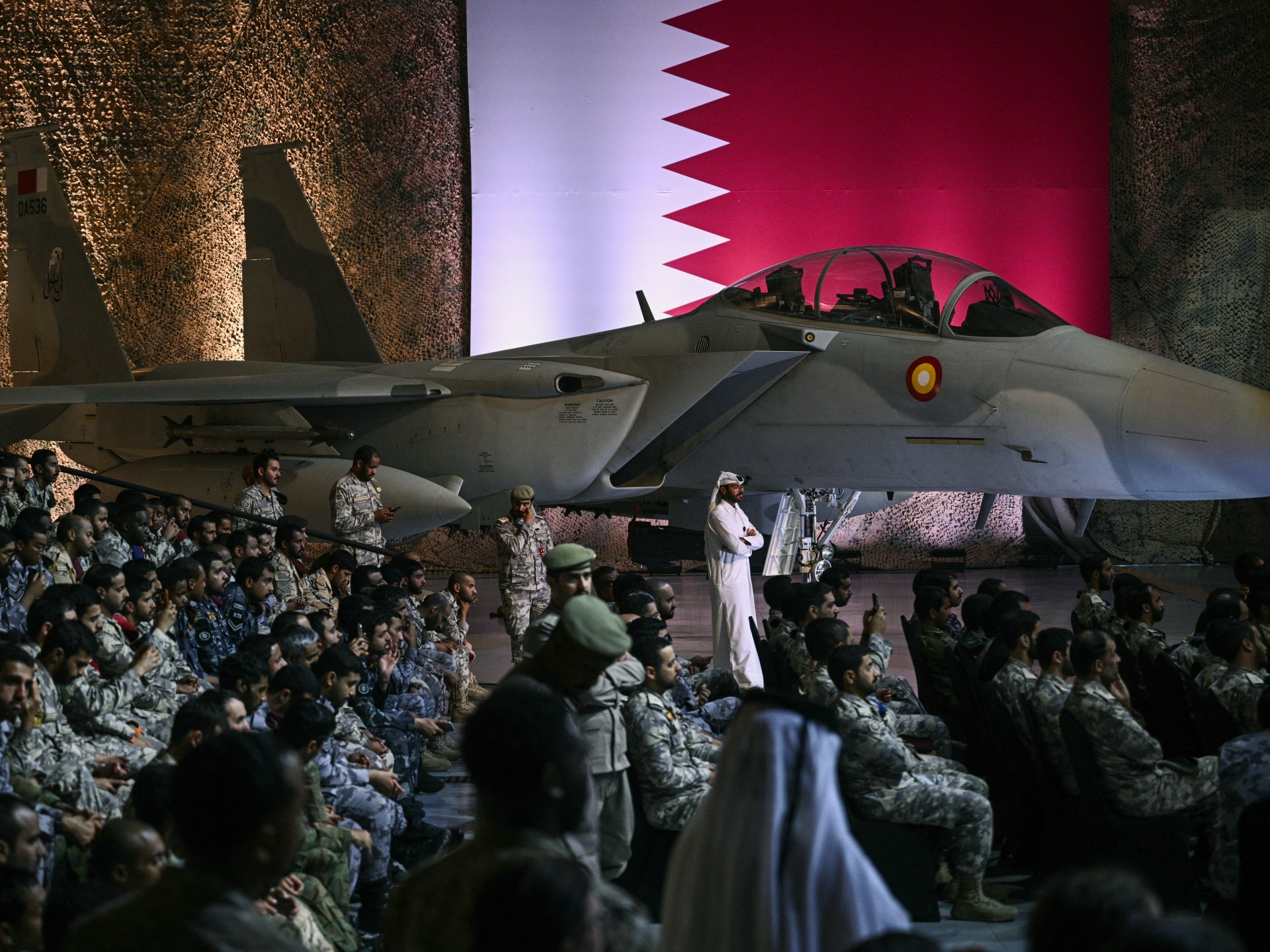The Journalists Hounded by Victims of Armed Violence They Cover
Taiwo Adebulu got a grip on the story he had always wanted to tell in Kebbi State, North West Nigeria. Based in Lagos, the journalist travelled miles away to chase it, hoping to gather dozens of anecdotes from school girls abducted by terrorists. News of the 112 abducted schoolgirls had spread like wildfire, with major radio and television stations discussing it for weeks. Then, suddenly, everyone moved on as usual, but the parents and relatives of the abductees continued to rage in pain and anguish.
Passionate about rejuvenating the lost voices of the girls, Adebulu, the Investigations Editor at TheCable, a Nigerian digital newsroom, flew to Yauri in Kebbi to interview the relatives of the abductees, who he found had been forced to marry the terrorists holding them captive. Someone had introduced him to two local fixers who had contacts with the victims’ families in Yauri. They agreed to meet, showing concern for the girls, who seemed forgotten.
He would work with them for three days to track the girls’ relatives. The journalist said it was an exhaustive journey. The fixers had feigned concerns for the girls, claiming to seek ways to secure their freedom. The journalist, who believes the stories of the forgotten girls needed to be told, thought their interests aligned. The situation changed when he was done conducting interviews and visiting the scene of the abduction.
Adebulu had offered the fixers ₦50,000, based on his limited logistics budget as a journalist. They had agreed on that amount before he left Lagos. Now, the fixers felt they deserved more; they wanted to be compensated well for taking the reporter around the community and connecting him to sources. For the journalist, it was a symbiotic relationship: “Help me tell the story of your people so that I can help amplify their lost voices.” The fixers, however, saw it as a transactional relationship — a clear case of sources for money. Tensions escalated when their intentions conflicted, and arguments ensued.
The journalist was then held to ransom, not by terrorists this time, but by the same fixers who had assisted him in telling the stories of the kidnapped girls. They demanded ₦200,000 for his release. “It was a hellish experience that I do not want to have again,” Adebulu tells me. Though he seemed to have moved on from the incident, his jittery voice gave away his anxiety. He bargained with the fixers, reducing the amount to ₦100,000 and pleading with them not to harm him.
Only the fixers knew his whereabouts – no one else. They had discouraged him from lodging in a proper hotel, citing security concerns. Instead, they took him to a nearly empty five-bedroom service apartment for safety. They threatened not to release him if he refused to pay at least ₦100,000. They issued this threat at night when everything was dark. Adebulu felt vulnerable and scared for his life, knowing he had no one to call or anywhere to run.
“We finally negotiated and settled for ₦100,000 that night. I made a ₦50,000 transfer and told them I would pay the remaining ₦50,000 the following day because I had a network issue. They claimed they didn’t receive the ₦50,000 I had sent, but I had already received confirmation that the transaction was successful,” he recalls.
“They then seized my iPhone, saying they would keep it as collateral if anything happened. My iPhone was worth around ₦500,000, significantly more than the ₦100,000 they wanted. So, it was safer for them to keep my phone,” Adebulu explains.
Anxiety and a sense of danger left him unable to sleep that night after his so-called fixers took away his phone. By early morning, he decided to leave the state immediately. After taking a bath, he contacted the fixers to ask if they had received the ₦50,000 he transferred the previous day. They denied it. To expedite his release and departure, the journalist sent an additional ₦100,000 that same morning. Following the second transaction, the fixers returned his mobile phone. They transported him by motorcycle to a nearby motor park, where he boarded a vehicle heading to Kontagora, Niger State in North-central Nigeria.
“When I arrived in Abuja and visited my bank, I was informed that both transactions, the ₦50,000 sent the previous day and the ₦100,000 sent the next morning, had been successfully processed. I immediately contacted the recipients and demanded a refund of the extra ₦50,000. However, they told me it couldn’t be returned; the money was gone for good. At that point, I realised there was nothing I could do. I simply had to accept the loss and move on,” he adds.
Throughout Africa, the number of journalists willing to cover violent conflicts is decreasing, not due to their choice. In Nigeria, these courageous reporters confront harsh realities: threats of murder from terrorists, assaults by government agents, and the emotional toll of witnessing human suffering. From 1992 to 2020, 1,378 journalists lost their lives globally, with many killed while covering domestic strife rather than foreign wars. Nigeria’s history is marked by violence, from the assassination of Suleiman Bisalla in Kaduna to the 2020 assault on Daily Post’s Sikiru Obarayese while covering the #EndSARS protest in Osun State, South West Nigeria. For every incident that receives attention, several more remain unreported. Despite the dangers they face, Nigerian conflict journalists are often deployed without trauma support, insurance, or adequate protection from their institutions. Their challenges don’t conclude at the battlefield; many return home burdened with emotional distress that goes unnoticed beyond the headlines.
For Adebulu, the story was told, but the emotional distress still lives with him. Although the investigative piece was later shortlisted for the Fetisov journalism award, arguably the most prestigious journalism laurel globally, his interest in such adventurous stories diminished due to the potential danger lurking around and the emotional that trailing them. It was an incredibly traumatic experience that he sincerely hopes never to relive. It was his first time facing such a situation: being held to ransom by fixers who seized his phone and left him genuinely fearing for his life.
“I wasn’t there for personal gain; I was trying to help the community by covering the abduction of the girls, shedding light on their harrowing ordeal, and documenting their stories in the hope of drawing much-needed support. Instead, I found myself in a vulnerable position, pressured by individuals who demanded an exorbitant amount of money simply because they had driven me around and arranged access to sources for interviews,” he says.
The cunning fixer
Adebulu’s experience with deceitful fixers resonated with me, as I had a similar encounter while covering a story. In Niger State, a local fixer, Bago Abdullahi, is notorious for milking journalists, and he does this effortlessly. Swindlers are not only present in Kebbi and Niger states; this problem has become widespread for those striving to tell the stories of ordinary people caught in violence, especially in northern Nigeria.
As a chief investigative reporter at Premium Times in 2022, I travelled to Niger to unravel what I believed would be one of the most important stories of the time. I was determined to document the tragic story of six young girls killed during a Nigerian Air Force (NAF) surveillance strike in the small village of Kurebe.
The NAF had claimed that the operation was successful, targeting terrorists and criminal masterminds thriving in the community. However, I uncovered a different reality when I spoke to on-the-ground sources. The victims were all civilians, and those six girls, aged between three and six, were lost in a moment of sanctioned violence. Their homes were reduced to rubble, and both bombs and denial scarred their village.

Determined to uncover the truth, I travelled to the state to speak with the victims’ families, local eyewitnesses, and anyone who could shed light on what had happened. I knew the story I wanted to tell intimately, but I needed a local fixer to help navigate the complexities of access and trust. I found a man who initially presented himself as a defender of his people, motivated by a desire to see rural terrorism become a thing of the past in the state. He spoke convincingly, expressing his wish to share Kurebe’s story with the world. I believed him; his enthusiasm matched mine, and I thought I had found a genuine ally in the fight against terrorism.
I was wrong, as that facade quickly faded.
He demanded ₦250,000 upfront to transport five sources from Kurebe and neighbouring villages to the relatively safe town of Kuta, where I could interview them without fear of retaliation. I later discovered that the transport cost per person was under ₦3,000. One source mentioned that she received no more than ₦3,000 for the round trip. The fixer had told me each person would receive ₦25, 000. What happened to the rest of the money? He pocketed it.
He had promised hotel accommodations for the sources but only provided them with a single, cramped room. When I confronted him about this, hoping to restore some dignity for those whose stories I aimed to amplify, he responded with further demands: an additional ₦100,000 this time, without any clear explanation.
I refused.
That’s when his demeanour shifted. The man who once claimed to be my ally became venomous. Insults poured in through text messages. He accused me of being ungrateful and hoarding the money my organisation sent. “You’ll win awards with this story,” he raged. “And yet you don’t want to give us our due!”
What he didn’t know was that I had received only ₦220,000 in total from my media organisation at that time, and I had been using my savings to make the trip happen. I wasn’t seeking glory; I was striving to document the truth.
Despite the insults, I completed the story, and it was published. However, I walked away feeling sickened by how easily noble intentions can be twisted by those who view tragedy as their currency. In the following months, other journalists confided in me that they, too, had been scammed by the same man – colleagues like Yakubu Mohammed, who faced similar deception, and Isah Ismail, a journalist with HumAngle, who had also fallen victim to his manipulative escapade. He was made to cough up ₦80,000 to connect him to sources who he claimed would be travelling from far places to Kuta, only for the journalist to realise that the locals were based there, not coming from elsewhere.
The pain of the Kurebe girls’ story stayed with me, but so did the sense of betrayal. It served as a reminder that even in pursuing justice, not all allies are who they claim to be.
Branded a betrayer
Yaqubu Muhammad, a Premium Times reporter, had even a more horrible experience while trying to document the plight of locals uprooted by war in Niger state. His story is similar to Adebulu’s but more worrisome, as it was a near-death experience. In 2020, Mohammed was mistaken for a terrorist informant by soldiers surveilling the tense town of the Shiroro area in the state, causing him a life-threatening encounter.
His mission was to visit the hotspot of rural terrorism in Shiroro. He wanted to be in Kokki, Magami, Sarkin Zuma, and Uguwan Magero to tell the stories of victims of armed violence whose livelihood had been stolen by a new front of terrorists. Alongside Bello Kokki, his fixer, the journalist rode on a motorcycle for hours before getting to the hard-to-reach communities. He was initially scared, but despite the risk, Muhammad pressed on, driven by a sense of duty.
It took three hours for the journalist to travel from Lapai to Kuta. His fixer had picked him from there, riding him through farm fields and ghost villages sacked by terrorists. They had travelled through the ungoverned spaces unhindered, documenting the losses and the lives lost to terrorists in the axis. Later, they explored the Kwatai riverbank, speaking to dozens of displaced villagers who had built makeshift shelters. The sight left Mohammed in awe, pondering how people survived in such conditions.
“[…] the storylines were dotted with bloody tales through the teary eyes of sedentary villagers,” he wrote in a reporter’s diary. He returned to the riverbank, staying behind to continue his interviews, but his fixer had to leave due to fear of impending attacks. That night, he slept in a makeshift hut with other displaced people, unaware of the danger lurking around the place.
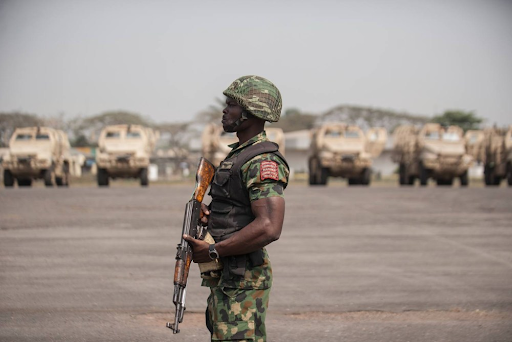
When the cock crowed the following morning, some soldiers stormed the camp. His face was strange to them; it was the first time they saw someone carrying a camera, wanting to speak to displaced persons. It was a satellite community, and it was hard to reach. “Oga! Let’s shoot him; he’s a bandit’s informant,” one soldier yelled. The soldiers dragged him out, accusing him of espionage. Surrounded by armed men ready to fire, the journalist says he was already imagining his obituary. The more he tried explaining that he was just a journalist trying to tell the story of locals caught up in the armed violence, the more he was looked at with disdain, insults and harassment. “You are a spy. You came to take pictures and send to bandits,” one of them insisted, with his pleas falling on deaf ears.
After a few hours of grilling the journalists, letting out the sweat in him, a senior officer intervened to de-escalate the situation. The officer asked the reporter to present his ID card and phone for verification. “You are lucky,” the officer said after verifying his identity. If not, you would have been gone by now.”
Scared for his life, Mohammed left the camp immediately, with his heart pounding. He believes surviving that moment was a miracle, as scores of journalists had been killed in a similar situation. The experience left a deep scar, knowing that the story could have been told with a bullet-pierced skin. The trauma was compounded by the fact that he had been trying to help, not harm.
Two years later, he shared the behind-the-scenes account through WikkiTimes, hoping to shed light on journalists’ dangers in conflict zones. “It was indeed an examination,” he said, referencing the mental and emotional toll. “I am no longer naive,” he wrote. “But I will not stop telling the stories that matter.”
Damilola Ayeni is another Nigerian journalist who has faced a similar ordeal with security operatives. He travelled to a terrorist-affected zone in the Republic of Benin and ended up behind bars, despite identifying himself. He was tracking the movements of elephants from Nigeria to the conflict zone of the Benin Republic, only to be detained by local authorities. He spent days in detention before finally gaining his freedom following media pressure.
Numerous cases of Nigerian journalists facing mistreatment by terrorists, military personnel, and civilian groups often remain unreported or receive minimal coverage. According to the Wilson Centre, it is estimated that for every reported incident of journalist assault in Nigeria, there are at least four cases that go unrecorded.
“Appropriate legislation should be adopted to compel media owners to prioritise the general welfare of journalists, particularly those working in dangerous zones. Media advocacy groups and civil society organisations should also consider bringing attention and support to journalists working in dangerous zones,” says Olusola Isola, a Senior Research Fellow at the Institute for Peace and Strategic Studies at the University of Ibadan. “Media owners in Nigeria should consider providing personal protection equipment for journalists on dangerous assignments, as well as medical evacuation services and life insurance policies.”

